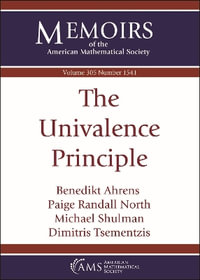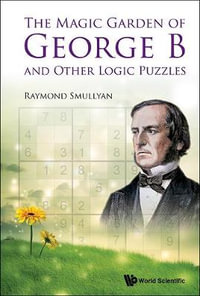
At a Glance
Hardcover
$210.72
or
Aims to ship in 7 to 10 business days
When will this arrive by?
Enter delivery postcode to estimate
ISBN: 9780792340102
ISBN-10: 0792340108
Published: 31st May 1996
Format: Hardcover
Language: English
Number of Pages: 236
Audience: General Adult
Publisher: Springer Nature B.V.
Country of Publication: NL
Dimensions (cm): 23.39 x 15.6 x 1.42
Weight (kg): 0.51
Shipping
| Standard Shipping | Express Shipping | |
|---|---|---|
| Metro postcodes: | $9.99 | $14.95 |
| Regional postcodes: | $9.99 | $14.95 |
| Rural postcodes: | $9.99 | $14.95 |
How to return your order
At Booktopia, we offer hassle-free returns in accordance with our returns policy. If you wish to return an item, please get in touch with Booktopia Customer Care.
Additional postage charges may be applicable.
Defective items
If there is a problem with any of the items received for your order then the Booktopia Customer Care team is ready to assist you.
For more info please visit our Help Centre.
























